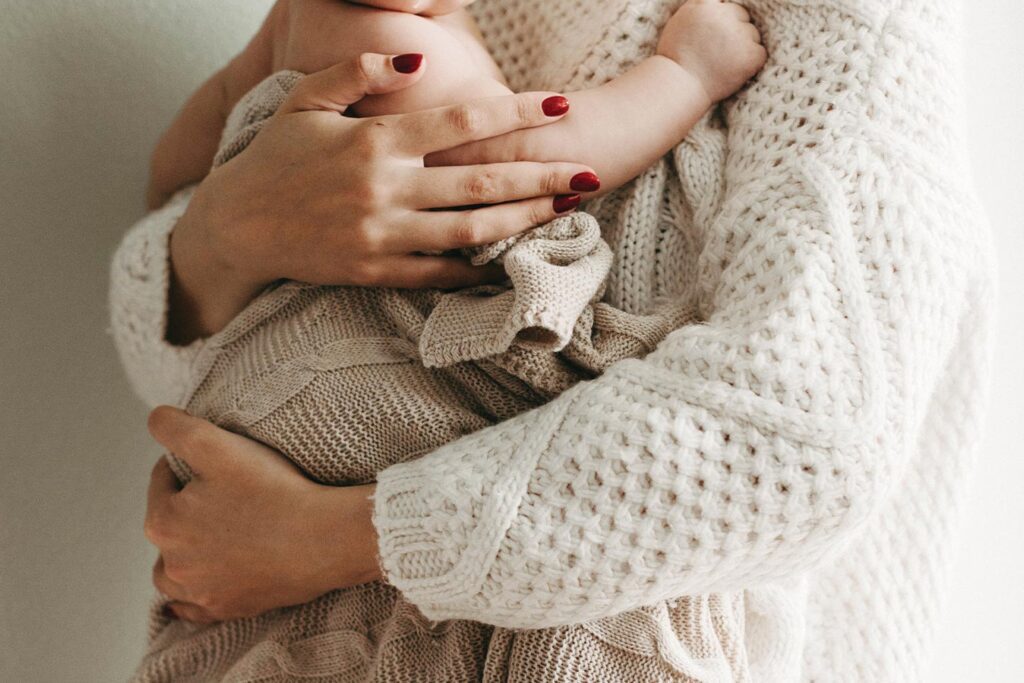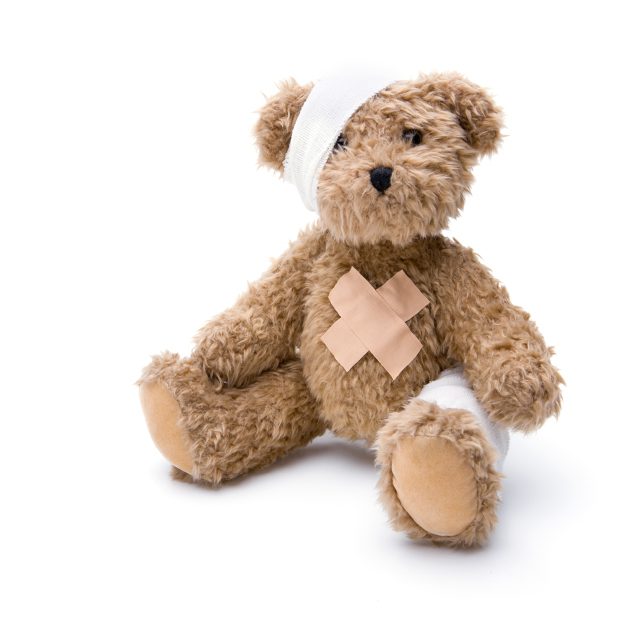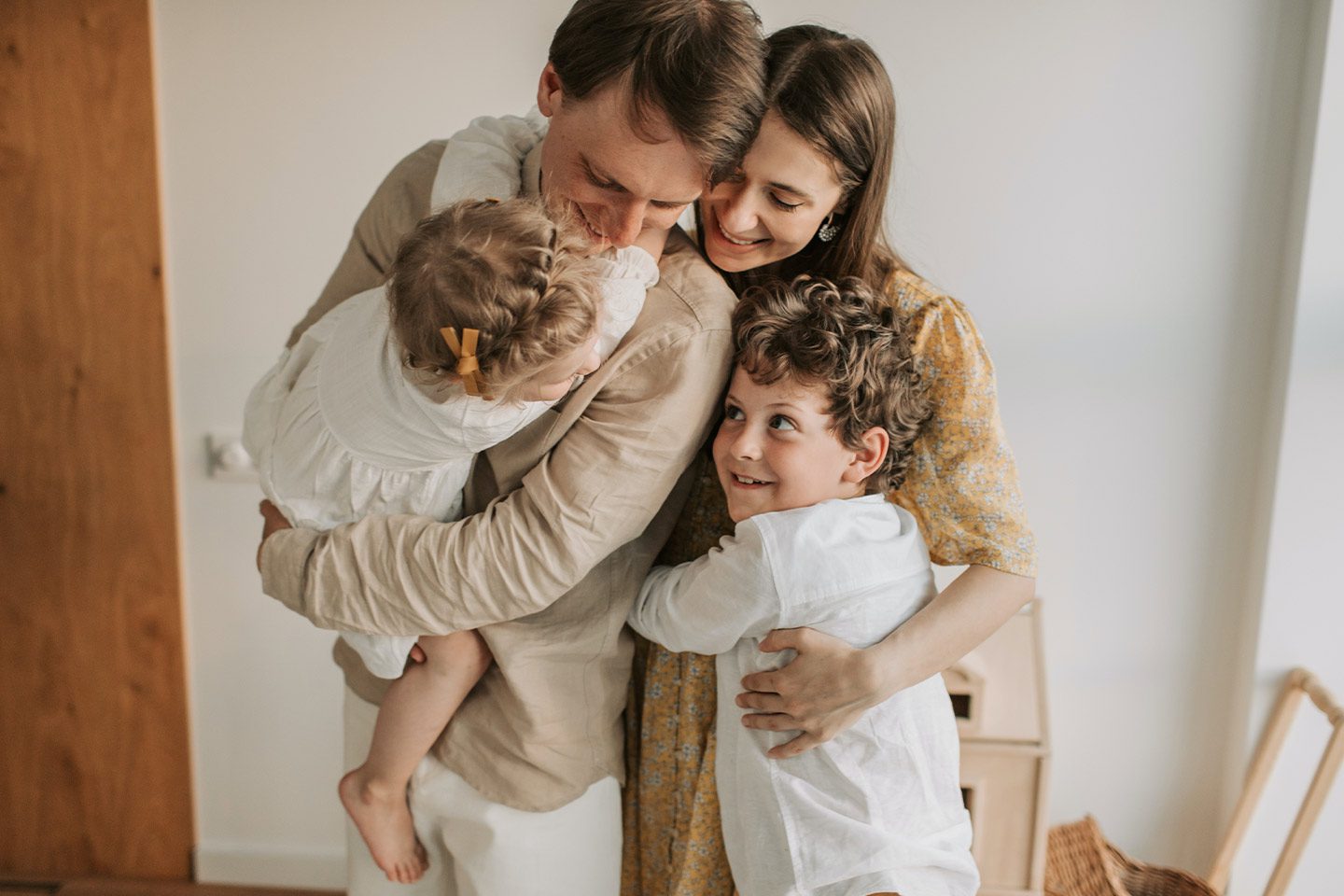A cancer diagnosis is undoubtedly one of a parent’s worst nightmares, and it tends to affect every member of a family in a big way.
Luckily, with advancements in medicine and greater access to networks of support, there is more hope now than ever before. Here, experts from Children’s Hospital at Erlanger and the Austin Hatcher Foundation for Pediatric Cancer share information and advice for anyone coping with a pediatric cancer diagnosis.
What is Pediatric Cancer?
From diagnosis to treatment, cancer looks different for children than it does for adults. The most common cancers diagnosed in children under the age of 15 are leukemias, brain and central nervous system (CNS) tumors, and lymphomas. Not much is known about what causes them to develop, and research has not linked childhood cancer to any particular cause, aside from a small percentage of cases that result from hereditary genetic mutations.
When it comes to early detection, Dr. Katye Herring, a pediatric oncologist with Children’s Hospital at Erlanger, recommends building a relationship with your child’s pediatrician from the start. “Most pediatric cancers can’t be caught early; however, having a trusted pediatrician and warm relationship helps parents feel comfortable raising questions or concerns and allows the medical system to care for them well,” she says.


Treatment
In the U.S., most cancer patients under the age of 15 are treated at facilities that are members of the Children’s Oncology Group (COG), an international group of about 250 medical centers that develop standards of care through shared research to improve outcomes for pediatric cancer patients. “For the majority of pediatric cancer diagnoses, you will receive the same standard of care or clinical trial opportunities at any children’s hospital in this country,” Dr. Herring explains. “On the whole, cancer in children is very treatable, with over 85% of children achieving a lifelong cure. Our mission is to keep at it until we reach 100%.” This international commitment to improving treatments for childhood cancer has resulted in significantly higher survival rates in the past decades.
Fortunately, in most cases, children do not have many of the underlying health conditions that can complicate cancer treatment in adulthood, and childhood cancer tends to respond better to some treatments. However, these treatments are often very intense, and this likely affects every member of the family. According to Dr. Julie Gersch, a licensed psychologist with the Austin Hatcher Foundation for Pediatric Cancer, many families immediately long for a return to life before the diagnosis as they grapple with feelings of panic and a loss of normalcy. “We do our best to instill a sense of faith and trust in the medical team,” Dr. Gersch explains. “We try to balance a sense of loss and fear with a healthy appreciation for how far medicine has come and how the majority of kids do survive for many, many years after a pediatric cancer diagnosis.”



Family Coping Strategies
When it comes to coping with a pediatric cancer diagnosis, there is no one-size-fits-all approach. “Every family is different,” Dr. Gersch explains. “A pediatric cancer diagnosis hits every family a little bit differently depending on the type of cancer it is, what the prognosis looks like, what is involved in treatment, and how long that journey is going to be for the family.”
The best thing a parent can do for their child is to be honest and meet them where they are. “For a child, it is helpful to understand in an age-appropriate way what is happening to their body – being allowed to ask questions and express emotions, whether that’s anger, frustration, or denial,” Dr. Herring says. “It’s also helpful for both child and parent to have a neutral third party to talk with and process, like a counselor. I think that can be an incredible support.” That is where groups like the Austin Hatcher Foundation come in, offering supportive tools and resources to each member of the family as they navigate this difficult time.
For Parents:
Often, the upheaval of a pediatric cancer diagnosis leaves parents overwhelmed, interrupting their ability to meet basic needs as they try to focus on supporting their child through treatment. Dr. Herring recommends, “Find your community and ask for help; it truly takes a village. Allow others to help by delivering food, sending gift cards, providing child care for other children. Please take care of yourself by moving your body and eating well.” Once basic needs are met, Dr. Gersch recommends psychotherapy to help with processing the parent’s emotions and experiences throughout their child’s treatment.
For Siblings:
“There’s no question that the impact on siblings is a big one,” says Dr. Gersch. Siblings of all ages may struggle with “cognitive errors” such as worrying that they did something to cause this, worrying that something similar might happen to them, or worrying about being an additional burden on their parents.
Dr. Gersch recommends trying to keep life as normal as possible for these siblings, and giving them space to voice their feelings.
For Grandparents and Extended Family:
Grief and stress can cause cognitive changes in older adults, so it is important that they have access to psychotherapy as well. Pediatric cancer is not in anyone’s life plan, and the emotional upheaval can be very difficult for grandparents and extended family to navigate. Therapists can help by assessing any cognitive changes, providing coping strategies, and giving them a safe space to talk.



How to Offer Support
For friends and loved ones, seeing a family experience the trials of pediatric cancer can be very difficult. It is normal to want to offer help, and it is also normal to not know where to start. Often, there is an outpouring of material things, like toys and flowers, which might actually be more burdensome for parents than they are helpful. Instead, offering time and help with meeting basic needs can be more beneficial. Anything from offering to stay with a child while the parents go to take a shower to offering to do a few loads of laundry can make all the difference for overwhelmed families.
Because many parents are hesitant to admit that they need help, Dr. Gersch recommends being very direct in your communication and making specific offers to help, rather than asking if there is anything you can do. “I hear families talk about needing help with meals, help with getting the grass mowed, or help with things like transporting other siblings to soccer games and baseball practices,” she explains. “It can be hard to ask for help and hard to accept it, so sometimes being brave and bold to say something like, ‘I’d like to bring dinner next week, which day would be best?’ is the best way to offer support.”



Katye Herring, MD
Pediatric Hematology/Oncology Specialist
Children’s Hospital at Erlanger



Mary Still, PA-C, MMSc
Licensed Psychologist, Austin Hatcher Foundation for Pediatric Cancer

